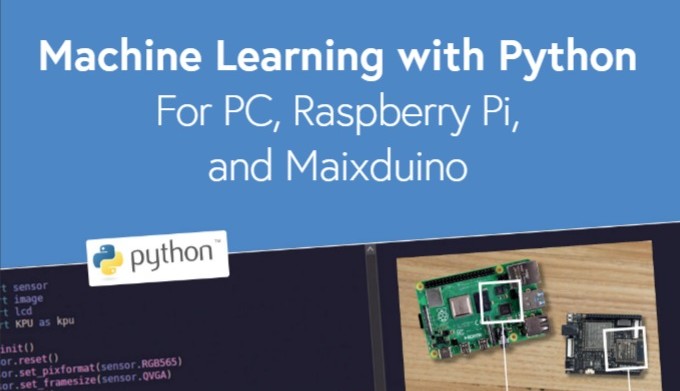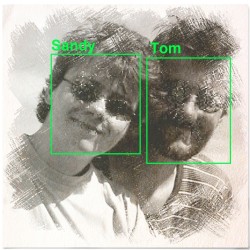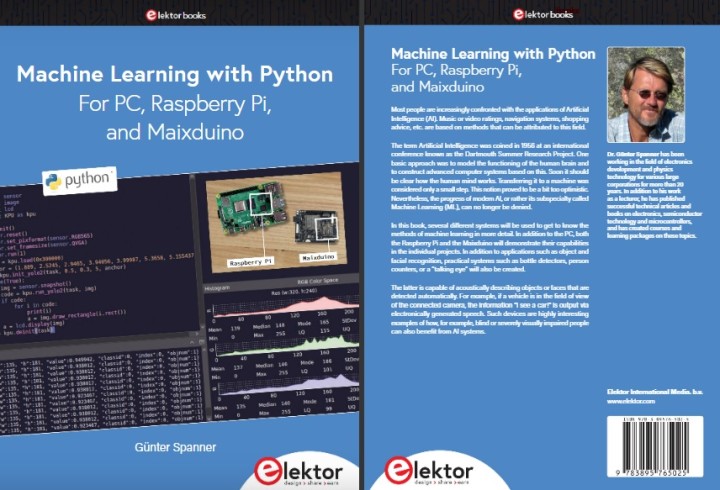Apprentissage automatique avec Python pour PC, Raspberry Pi et MaixDuino
05 mai 2022
sur
sur

Même les nano-ordinateurs abordables comme le Raspberry Pi permettent de réaliser des projets très intéressants de reconnaissance faciale et de détection d’objets. Ce nouveau livre (en anglais) sur l’apprentissage automatique avec Python est un excellent point de départ.
Machine Learning and AI
Artificial intelligence (AI) is playing an increasingly important role in many areas of life. This new technology is already being used on a massive scale for numerous applications: music or video recommendations, navigation systems, shopping suggestions in online stores, surveillance and building protection systems, credit card fraud detection, and more. However, for many people, it is not clear what the technology behind these applications looks like. Since AI brings not only advantages but also dangers, it is not only interesting but also important to have an understanding of AI and machine learning. No expensive supercomputers are needed to work with AI methods. Even inexpensive small computers such as the Raspberry Pi or even a MaixDuino make it possible to implement highly interesting projects such as object and face recognition. In this manner, practical devices can also be created, such as:- bottle detectors,
- people counters or
- a "speaking eye"

Faces can not only be recognized but even identified after appropriate training. Such devices and applications are highly interesting examples of how, for example, blind or severely visually impaired people can also benefit from AI systems.
Python for Machine Learning
If you want to know more about Machine Learning with Python, then Dr. Günter Spanner's book Machine Learning with Python is for you! Many application examples increase the extensive knowledge of the new world of AI for the reader — even without complex mathematical formulas.
Dr. Spanner has been active in technology management for over 25 years. In addition to leading positions in various large corporations, he has worked as a lecturer for several universities (including TU Munich and ETH Zurich) and has very successfully published many technical articles and over 30 books about electronics, microcontrollers, robotics, and artificial intelligence. He has been interested in the topic of AI since 1994, when he first applied the still brand-new methods for that time in the field of biomedical laser sensor technology.
Lire l'article complet
Hide full article



Discussion (0 commentaire(s))